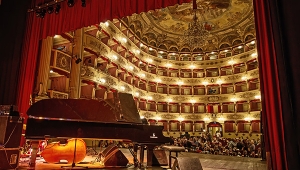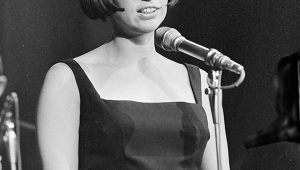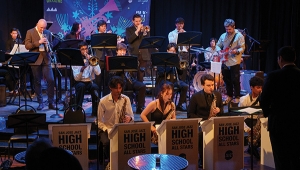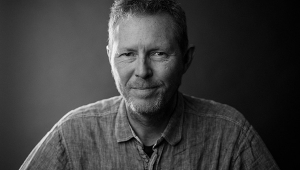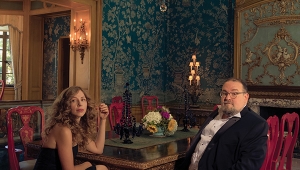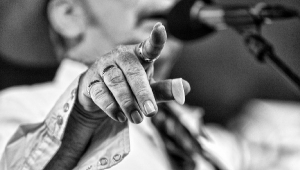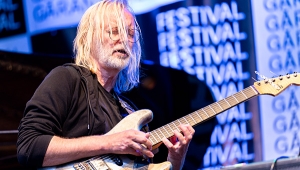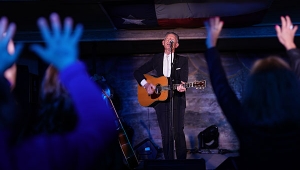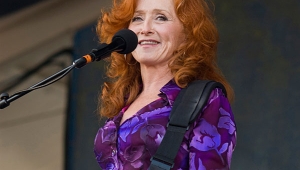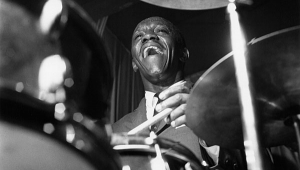| Columns Retired Columns & Blogs |
Dear Richard Lehnert-First of all let me tell you that I have had no musical education. The fact that I love Bruckners music is that even though I am Jewish Atheist I have a lot of empathy for Bruckner and it one of the main reasons I cannot take even the latest finale of the 9th, seriously as the ending of the symphony.
I am just not sure how ill Bruckner was when trying to compose this finale but I expect that it was not just very serious physical illness but mental illness as well.
Thankfully, in my opinion he saw that he could not finish the work, even if his doctor Richard Heller said that he had played the coda to him, and finished his third movement with his "farewell to life" and this is my main point. I do not believe that the fourth move would have begun with the dissonance and fragmented music we hear after the way he finished the third movement. I do believe that the third movement would of finished in dissonance similar to ending of the first movement , left completely stark like the hellish dissonant utterances before the "farewell to life".
I just dont dont think through his health he was capable of completing , in my opinion, after the three greatest movements in the Symphonic repertory. You may say "what about the chorale"? Yes but the chorale in itself is knowhere enough . Alot of what was Bruckner reminds of music going back to remnants of the "Nulte". I happen to very much like the nulte, but this is a different world to this 20th century Bruckner.We are hearing late Mahler, Schostakovitch, Prokoviev and even early Schoenberg in this style. It is unique for the 19th century. Then we get this throwback.The Chorale is brilliantly arranged from the wide open chords we hear towards the end of the third, which has great similarity to the opening of the Tallis Fantasia by Vaughn Williams. I suspect Bruckner was able to compose this chorale during some kind of remission.
I am happy to hear these reconstructed finales as a very good curiosity. Perhaps Hans Zimmer was even inspired to compose his minimilistic ending to The Da Vinci Code after hearing this minimilistic theme after the reintroduction of the Chorale towards the end although I suspect that Carragan actualy "arranged" this.
However for me, I will take the three movements as Bruckners last "words".
You see Mr Lehnert as I have no musical education I can make up a conspiracy theory that we do hear something like Bruckners intentions for his coda to his beloved " Lord". Maybe , just maybe, Gustav Mahler paid his professeur a "late" visit and we hear this coda in The Resurrection !
Kind Regards From Barry Bernstein
London




